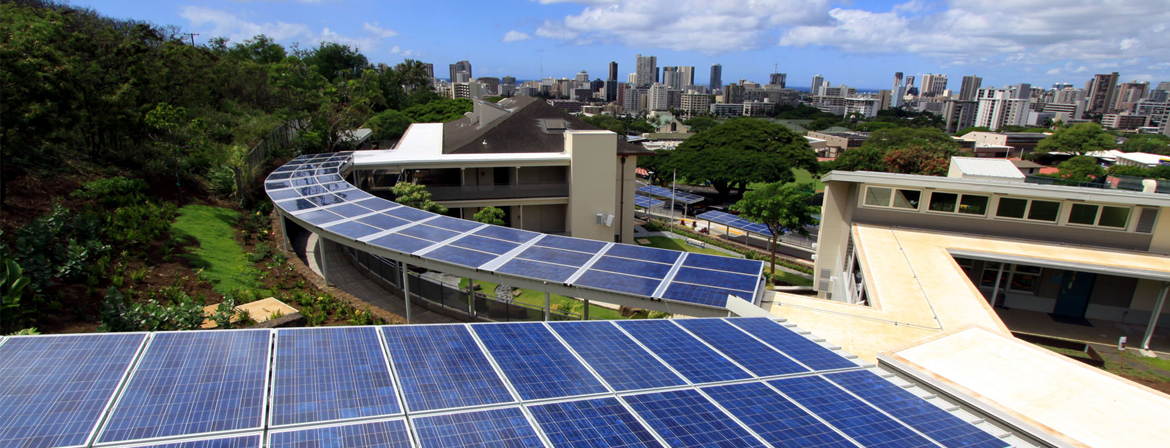Household Actions Can Provide a Behavioral Wedge to Rapidly Reduce US Carbon Emissions
Dietz, T., Gardner, G.T., Gilligan, J., Stern, P.C., Vandenbergh, M.P. (2009). Household actions can provide a behavioral wedge to rapidly reduce US carbon emissions. Proceedings of the National Academy of Sciences of the United States of America, 106(44), 18452-18456.
Examining Trends in Adolescent Environmental Attitudes, Beliefs, and Behaviors Across Three Decades
Wray-Lake, L., Flanagan, C., & Osgood, D. (2010). Examining trends in adolescent environmental attitudes, beliefs, and behaviors across three decades. Environment and Behavior, 42(1), 61-85.
The impact of vivid messages on reducing energy consumption related to hot water use.
Bailey, J. O., Bailenson, J. N., Flora, J., Armel, K. C., Voelker, D., & Reeves, B. (2015). The impact of vivid messages on reducing energy consumption related to hot water use. Environment and Behavior, 47(5), 570-592.
Manual dishwashing habits: An empirical analysis of UK consumers.
Berkholz, P., Stamminger, R., Wnuk, G., Owens, J., & Bernarde, S. (2010). Manual dishwashing habits: An empirical analysis of UK consumers. International Journal of Consumer Studies, 34(2), 235-242.
The environmental cost of misinformation: Why the recommendation to use elevated temperatures for handwashing is problematic.
Carrico, A. R., Spoden, M., Wallston, K. A., & Vandenbergh, M. P. (2013). The environmental cost of misinformation: Why the recommendation to use elevated temperatures for handwashing is problematic. International Journal of Consumer Studies, 37(4), 433-441.



